Join the Leading Global Eye Health Alliance.
MembershipThe Fred Hollows Foundation is proud to introduce the new website for the Quality of Refractive Error Care (Q.REC) initiative — a central hub for accessing tools, protocols, and guidance to generate the data and insights needed to assess and improve the quality of refractive error care.
The Q.REC Initiative brings together a globally validated study methodology for assessing the quality of refractive error services with a practical toolkit to support implementation and drive improvement.

Uncorrected refractive errors are the leading cause of vision impairment, affecting over 670 million people worldwide. Addressing this urgent issue requires not just access to care, but care that is effective and of quality.
The Fred Hollows Foundation is committed to delivering high-quality eye care to all, especially the most vulnerable, and is leading efforts to improve the quality of refractive error services.
The Q.REC Initiative supports this mission with a practical, evidence-based toolkit for evaluating and improving service quality.
A unique feature of the Q.REC initiative is the innovative use of Unannounced Standardised Patients (USPs) — trained individuals who visit eye care services undercover to provide an objective, real-world assessment of service quality. This method offers valuable insights into actual practice and helps identify critical areas for improvement.
The Q.REC methodology has been rigorously tested, with findings published in leading peer-reviewed journals.
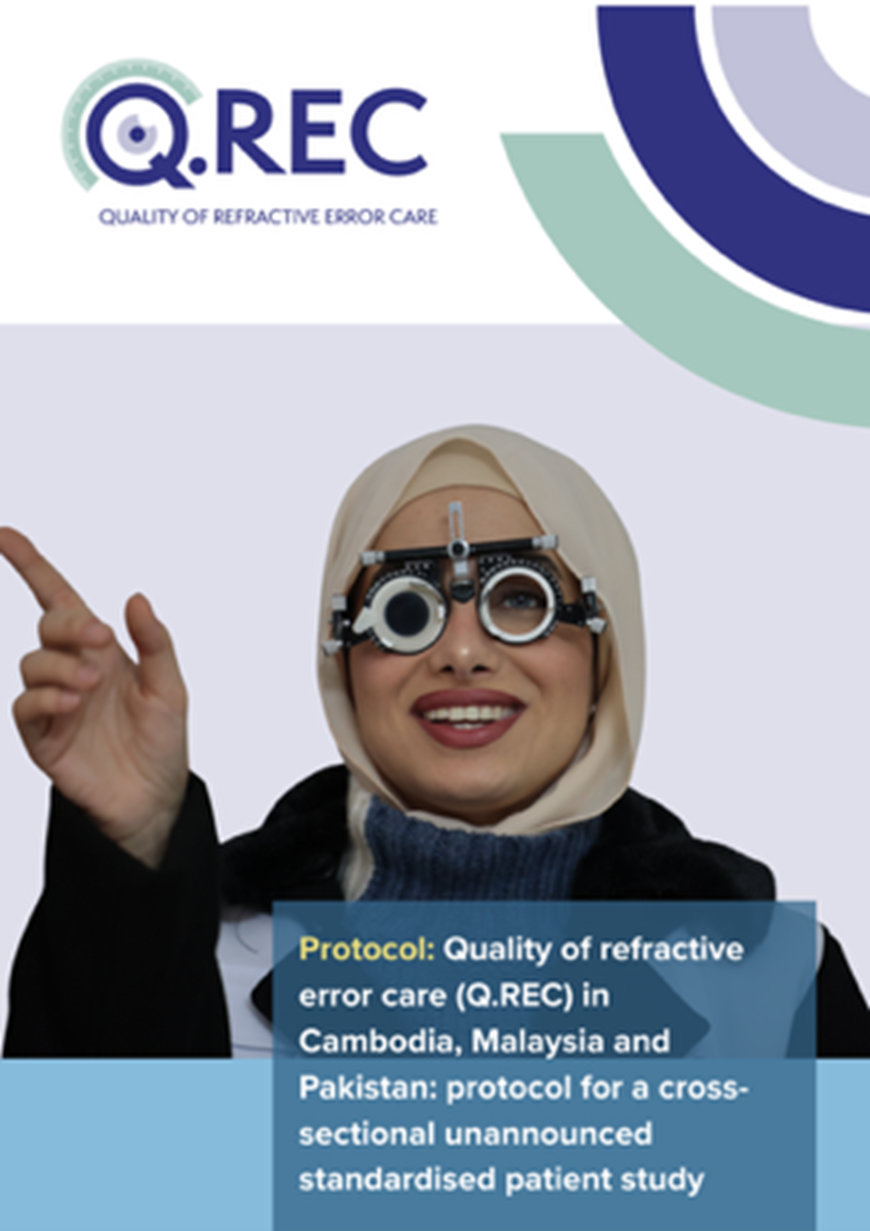
This protocol outlines the standardised methodology behind the Q.REC initiative.
Designed for policy relevance, the Q.REC protocol enables consistent data collection across diverse settings, generating actionable data and insights to improve service quality and support universal health coverage goals.
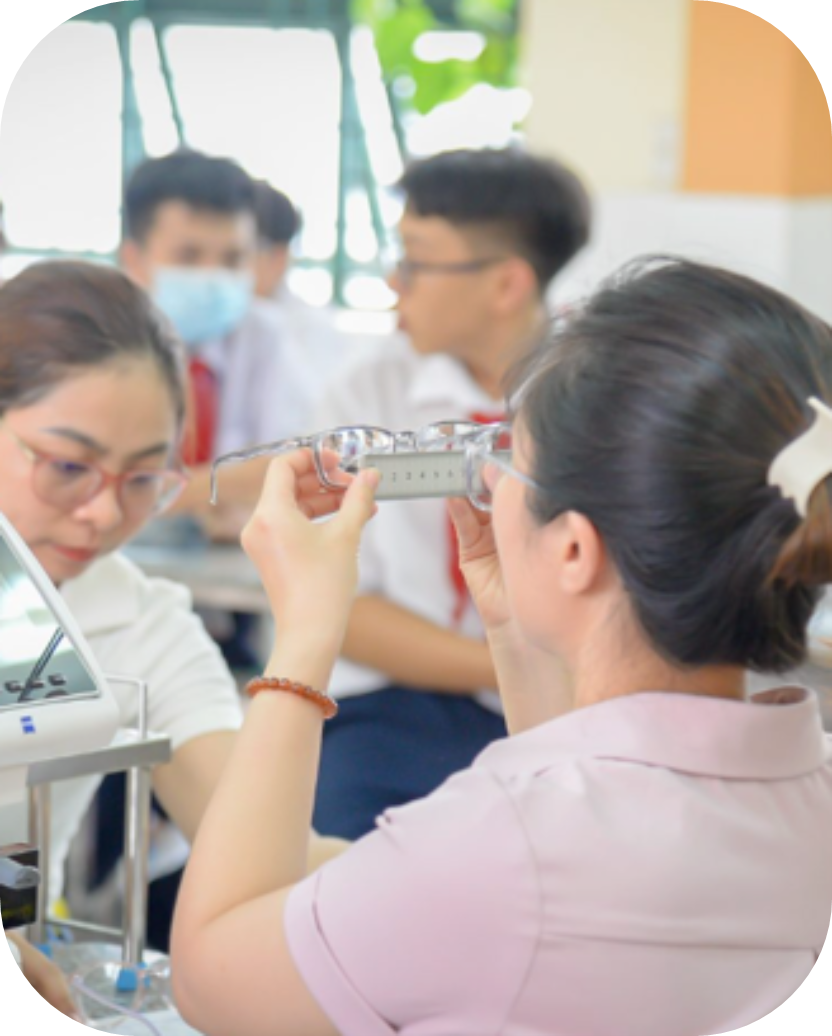
In Vietnam, the Q.REC project pilot resulted in the establishment of an optometry education and job code, setting professional standards and recognising the emerging field of optometry.
This evidence-based approach is driving system-wide change, ensuring affordable, high-quality, and equitable eye care as a core component of UHC.
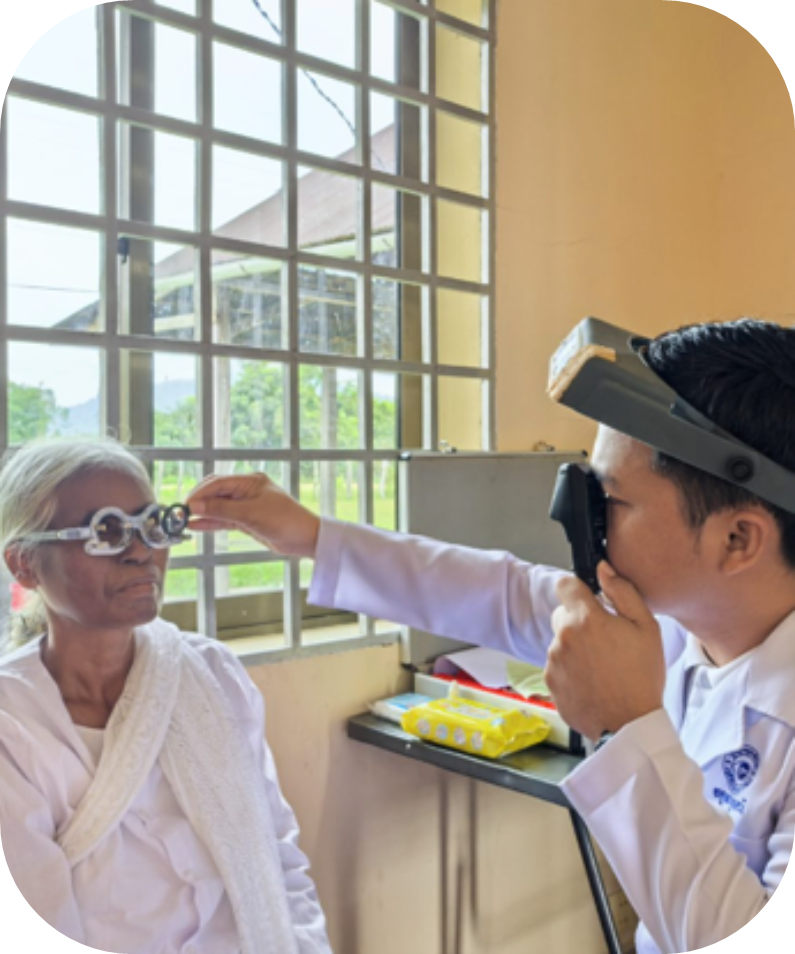
In Cambodia, uncorrected refractive error is the leading cause of mild and moderate vision impairment among adults. The Q.REC project revealed that fewer than 40 % of spectacles met optimal quality standards.
These findings spurred policy discussions, prompting Cambodia’s National Program for Eye Health to develop new regulatory measures to improve refractive-error service quality.
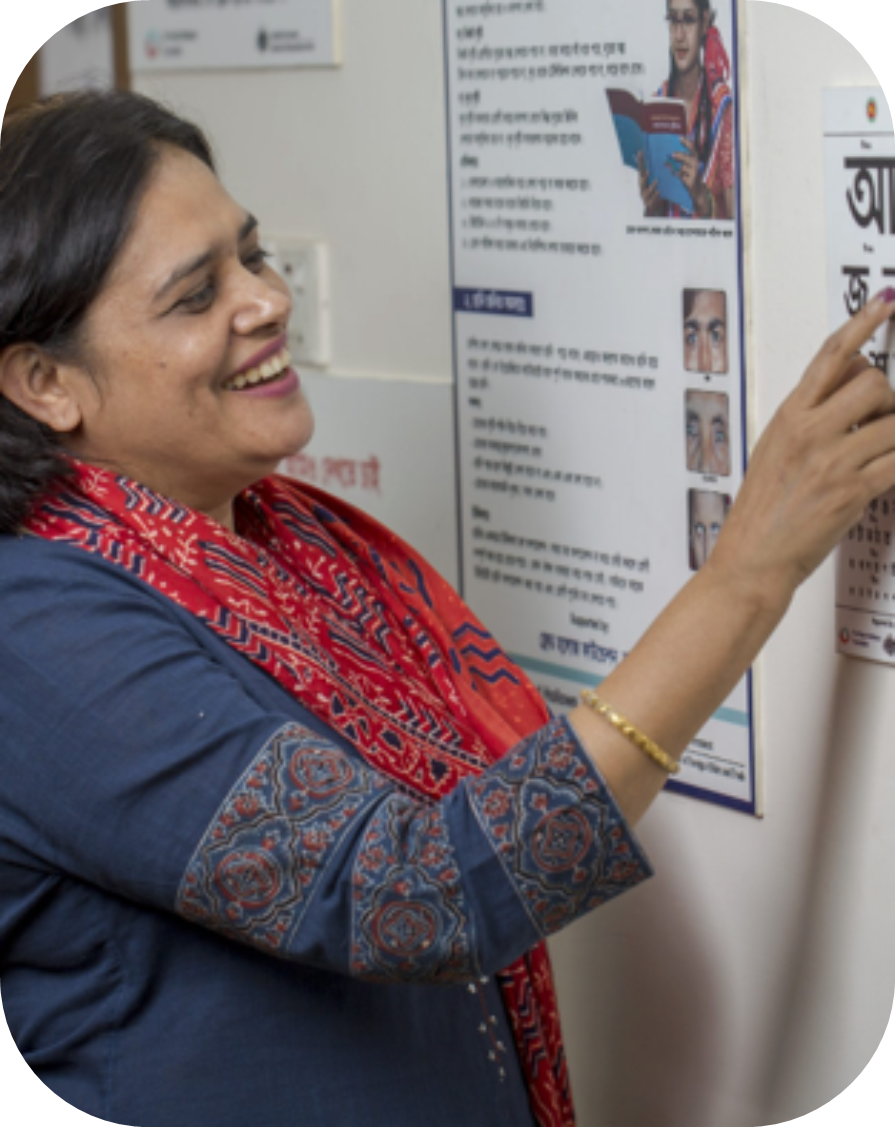
In Pakistan, the Q.REC project showed that spectacle quality was significantly influenced by how spectacles were manufactured.
The College of Ophthalmology & Allied Vision Sciences has fast-tracked the implementation of optical-dispensing courses.

Malaysia marks a significant milestone for the Q.REC initiative, becoming the first country to implement the study semi-independently using the full Q.REC toolkit.
No longer in pilot mode, this effort demonstrates the transition of Q.REC into a scalable, country-led model for evaluating refractive-error care. Fieldwork is complete and results will be shared soon.
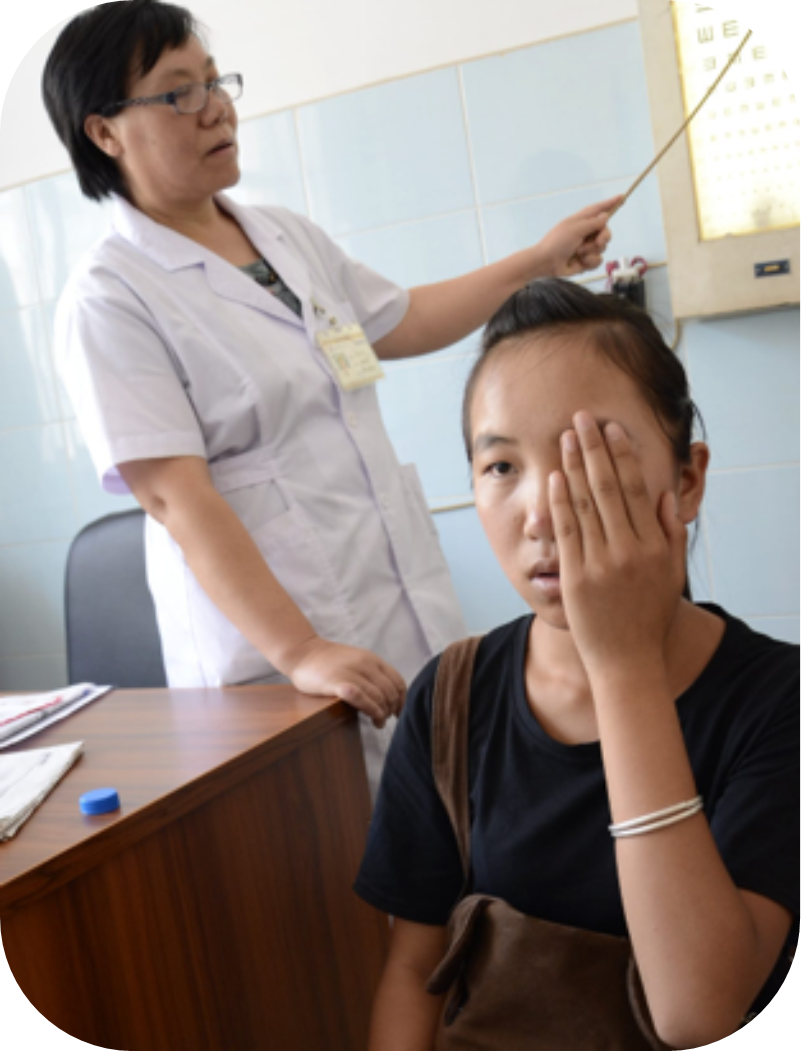
The first Q.REC project pilot in China has just been completed.
More details soon!
We invite eye health professionals, organizations, and governments worldwide to conduct a Q.REC study to obtain current data on the quality of refractive error services in your country or region. Up-to-date Q.REC data can be used to better understand areas for improvement including training curriculums, policy and regulatory opportunities, advocacy insights and areas to strengthen continuous quality improvements.
In partnership with local Governments, stakeholders and services providers, a Q.REC study can enhance the quality of refractive error services, ensuring access to quality eye care for all, especially the most vulnerable, while contributing to global eye health standards and data collection.
Visit the Q.REC website to learn more about the Q.REC initiative.
Or email us at [email protected] to discuss running a Q.REC study in your region, or to find out more.